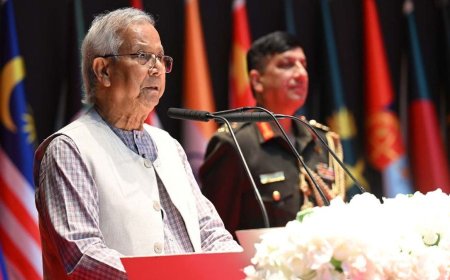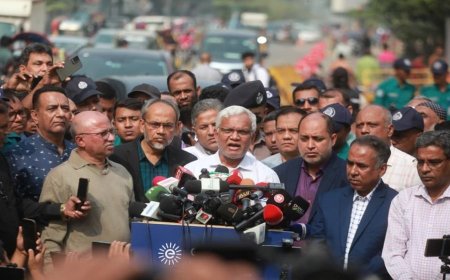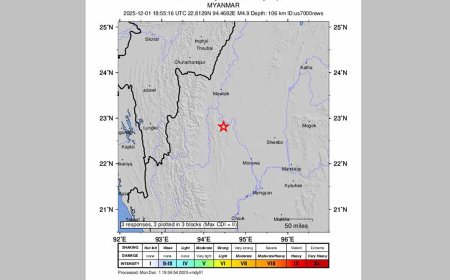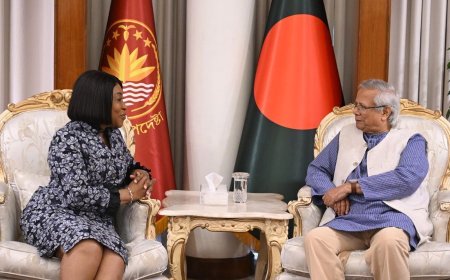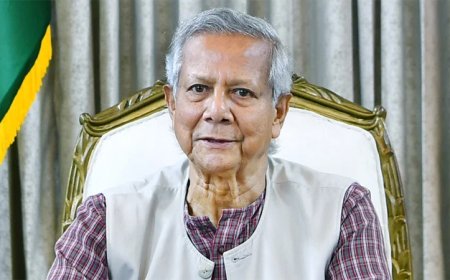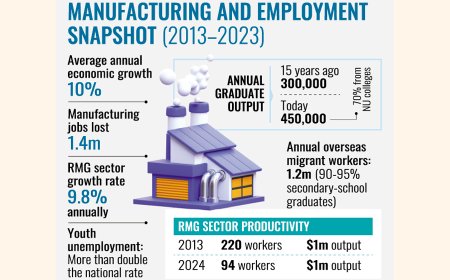The writ petition challenging the validity of the reference and opinion process in forming the interim government has been dismissed
The writ petition challenging the validity of the reference and opinion process in forming the interim government has been dismissed

The High Court has dismissed a writ petition filed with the Supreme Court challenging the validity of the reference and opinion process regarding the formation of the interim government and the subsequent oath-taking after the fall of the Awami League government.
The ruling was delivered on Monday by a High Court bench consisting of Justice Fatema Najeeb and Justice Sikder Mahmudur Razi.
The writ petition, filed last month by senior Supreme Court lawyer Mohammad Mohsin Rashid, argued that the process lacked constitutional grounds. Rashid, supported by lawyer SM Monirul Alam, presented the petition in court. Representing the state, Additional Attorney General Anik R. Haque, along with Deputy Attorney General Akhtar Hossain Md. Abdul Wahab, countered the petition. Following the verdict, Haque stated to Prothom Alo: "The people have accepted the interim government. The writ was dismissed on grounds of abuse of process, reaffirming the legitimacy of the current interim government."
The petitioner contended that the reference sought on the formation of the interim or caretaker government was outside the scope of the constitution. He further argued that Article 106 of the Constitution, which governs Supreme Court references, requires prior notice for hearings, including notifying the Attorney General. However, he claimed no such notice was issued.
Deputy Attorney General Wahab disputed this claim, asserting that the High Court found the reference process valid and that the Attorney General had been duly notified and participated in the proceedings.
Lawyer SM Monirul Alam, representing the petitioner, announced plans to appeal the High Court’s decision in the Appellate Division.
The context of the petition traces back to events last year when Sheikh Hasina resigned as Prime Minister on August 5 amid public and student protests, later fleeing to India. Following her resignation, the President dissolved parliament on August 6, and an interim government was formed under the leadership of Nobel laureate Professor Muhammad Yunus on August 8.
Before the interim government was established, President Md. Shahabuddin sought the Supreme Court’s opinion under Article 106 of the Constitution on the legality of its formation. Article 106 empowers the President to seek the Supreme Court’s advisory opinion on questions of public importance. Acting on the President’s reference, a seven-member Appellate Division bench, led by then-Chief Justice Obaidul Hasan, issued its opinion on August 8, stating that to address a constitutional vacuum, the President could appoint a Chief Advisor and an Advisory Council as an interim measure. It also confirmed the President’s authority to administer their oaths of office.
The High Court has now upheld the validity of this process, rejecting the petitioner’s claims.
What's Your Reaction?








